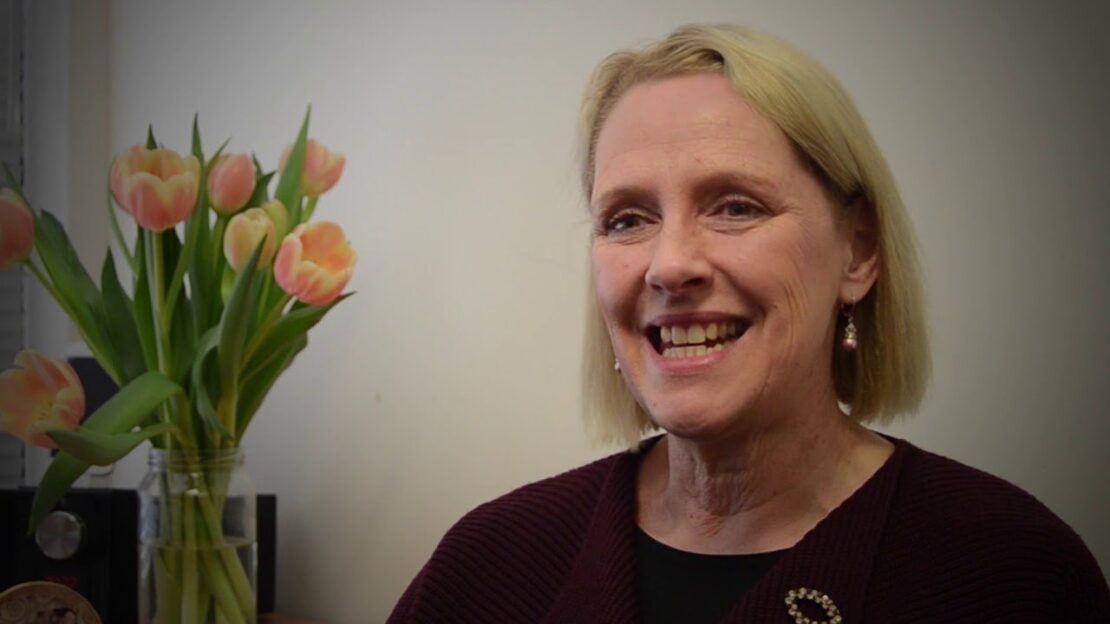In 1981, Rabbi Harold S. Kushner published what became a best-selling book, ‘When Bad Things Happen to Good People’. Written in response to a personal tragedy (the death of his son at 14 from the congenital condition, progeria), it has stood the test of time. Drawing on stories from his ministry, his deep understanding of his Jewish biblical heritage, and his own personal experience the question with which he grappled is timeless. It may be a question that rises in light of significant world events such as the holocaust or the current war between Ukraine and Russia. It may come as a cry from the depth of a shocked heart when our lives are stopped short by disappointment, tragedy or loss. It may be the question rising in many an Australian mind this week as we go about out the daily work of life in our kitchens, loungerooms and workplaces the heart-stopping news of the Hunter Valley bus crash. The ripple effect of an accident such as this is ever-expanding. The grief and loss unimaginable. The impact on those who survived life changing. And the question of why this happened to these good people hovers.
There are times when we may wonder how much the human heart can bear. Physiologically we know that the heart is the vital organ, animating our every breath. And we also know that our deepest griefs and joys reside there – often side by side. The joys of the heart are easily identified. Those moments when we feel at ease with the world and our spirits soar! ‘It doesn’t get better than this!’ we think to ourselves as we sit with a loved one or gaze at something beautiful or bask in the achievement of a secretly held dream. We try to hold on to those moments even though we know that they will not last forever. This is the way of the only life we have – that there will be good times and bad times. For most of us, our quiet moments reassure us that even though there have been life setbacks our days have been overwhelmingly graced with little joys. A smile, a kindness, the gentle support of another.
There is no answer to the question of why people suffer. And that is hard for us. Among many insights Rabbi Kushner notes the importance of presence to the one who is suffering: another caring person doubles the amount of pain a person can endur’ he observes (p.6). And he notes:
In the final analysis, the question of why bad things happen to good people translates itself into some very different questions, no longer asking why something happened, but asking how we will respond, what we intend to do now that it has happened. (p. 126)
I think faith speaks into this in a particular way. It doesn’t protect from suffering, or make it easier but the DNA of people of faith is shaped by the stories of those who have gone before them. Stories of struggle and happiness and meaningful survival. Christians can find a centre in the stories of Jesus – the one whose heart is moved by the struggles of those around him. They can reach back and draw inspiration from the cries for help that the ancient peoples addressed to their God. And they can be reminded that the accompaniment of a loving and patient God is always available to those who seek it. That God is present in the depths of suffering as the body, mind and spirit slowly move to whatever new life might be.
And deep down we probably also know that the only way through when bad things happen is for all of us, in our own little ways, to care for each other. Our steps may sometimes be small, faltering, and sadder but we go on, one foot in front of other. Pope Francis wisely observed that ‘Mercy towards a human life in a state of need is the true face of love’. So, we go on labourers in a world where the hearts of the good people are strong enough to bear the load for when the bad things happen. And eventually through the support of enough good hearts the broken hearted amongst us will be restored, ready for the day when a little joy breaks through.
By Cathy Jenkins




Comments
Add Comment